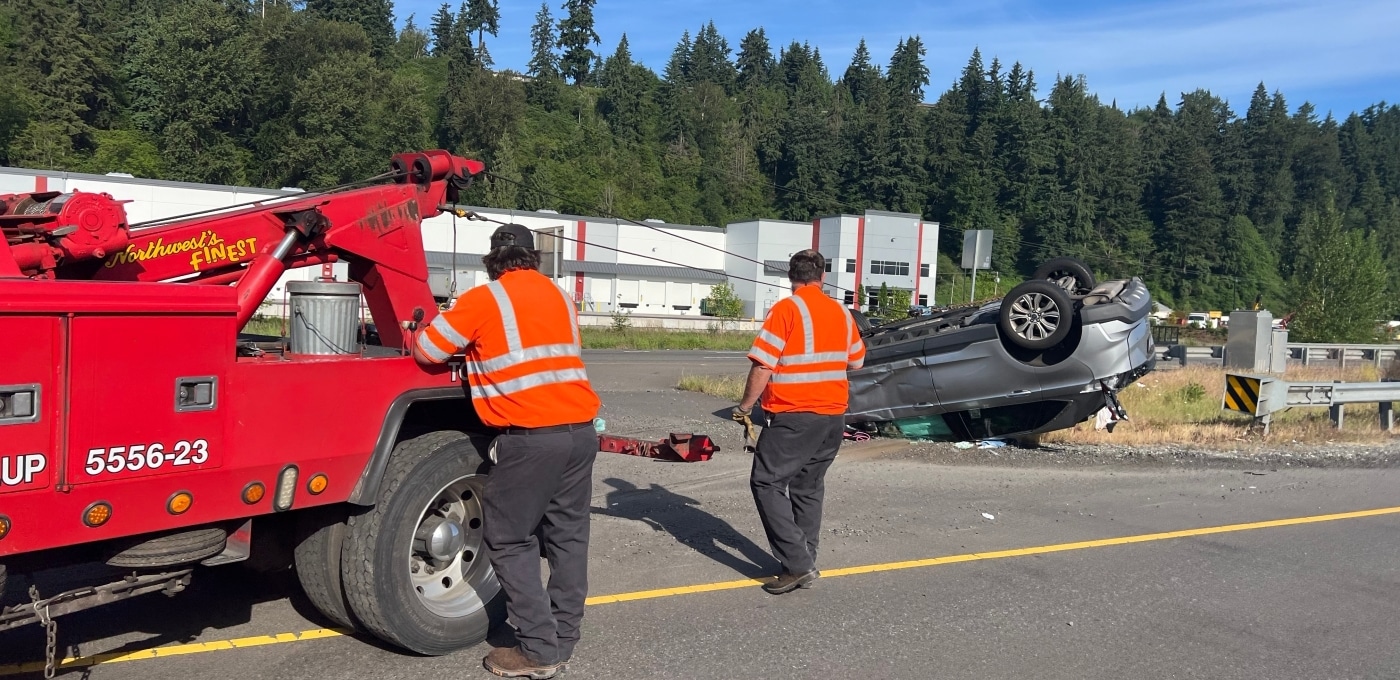In a decision issued today, the Washington Supreme Court ruled that survivors of childhood sexual abuse may still seek justice…
Car Accident With A Driver On the Clock: Is The Company Liable?

The short answer: Usually.
Under the legal theory of Vicarious Liability, a company is responsible for the actions of its employee when the employee causes a collision while working within the “course or scope” of his or her employment.
What is “Course or Scope” of Employment?
The test to determine whether an employee is working within the course or scope of his or her employment asks:
- Whether the employee was performing duties required by his employment;
- Whether the employee was acting under specific direction of his employer; or
- Whether the employee was engaged in the furtherance of the employer’s interest.
If the employee caused the collision under one of the above circumstances, the company is liable for your damages.
It is important to note you do not need to prove the employee’s actions were specifically approved by the company, or that the company knew the employee was taking them.
What if the Employee is Doing Something Wrong or Illegal?
There are many instances where an employer is liable for its employee’s conduct even though the employee is doing something they are not supposed to be doing. Examples include:
- An employee driving while intoxicated;
- An employee transporting non-coworkers; and
- An employee driving recklessly or making illegal moves in traffic
Are There Situations When a Company is Not Liable for an Employee’s Conduct?
Yes, but they are rare. Examples include when the employee is on a “frolic or detour.” In other words, when the employee is pursuing a purely private interest and not directly or indirectly serving his employer’s interests.
Another example is Washington’s “going and coming” rule, which says that, with some exceptions, a company is not liable when its employee causes a collision while commuting to or from work.
What about Independent Contractors?
The general rule in Washington is that one who engages an independent contractor is not liable for the negligence of the independent contractor. Determining whether the driver is an employee or independent contractor can be tricky and depends on an analysis of factors, including the amount of control the company had over the details of independent contractor’s work and the skills required of the contractor.
Companies often try to protect themselves from the liability by calling their workers “independent contractors” rather than employees. Common examples include Uber and Lyft drivers, as well as some Amazon and UPS drivers. However, the “independent contractor” label the company uses does not matter. What matters is whether they fit Washington’s definition of an employee (or agent).
Contact Washington Law Center
Whether a company is responsible for your injuries depends on the facts, but in many cases you may be able to make a claim against the employer. If you were injured by a worker, let the experts at Washington Law Center help you determine whether you can hold the company responsible.





Comments (0)